A European agenda for space: resilience, security and sovereignty
Past event In person
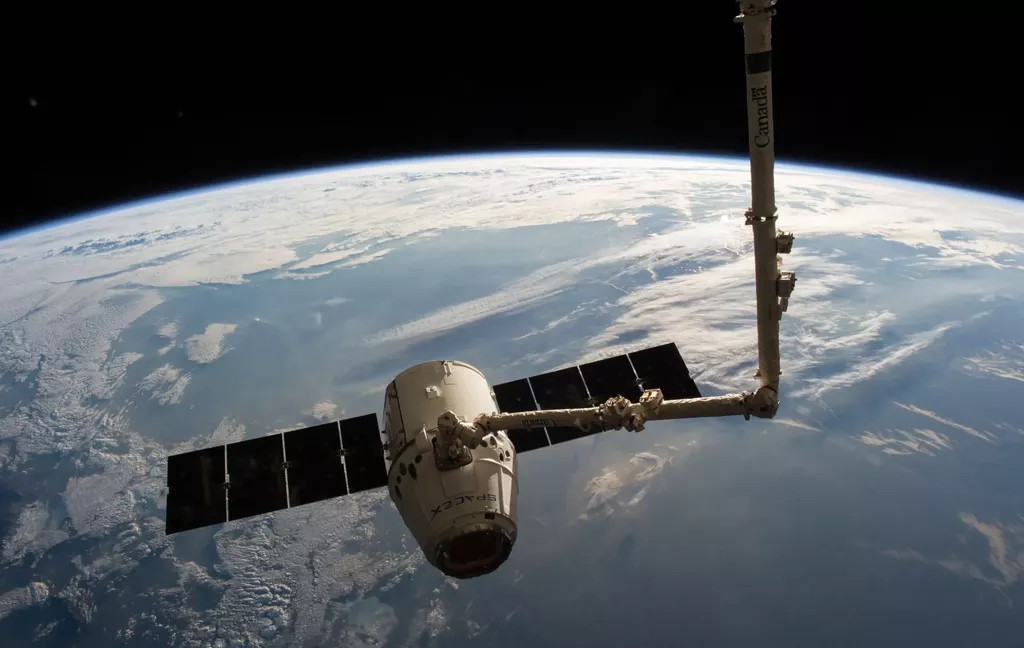
- Area of Expertise
- Digital & Data Governance
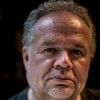
Kilian Kleinschmidt is Chairman and founder of the Innovation & Planning Agency, special advisor to the German ministry for development and economic cooperation. Previously UN deputy special envoy to Pakistan and deputy humanitarian coordinator in Somalia
The one million people who came to Europe over the past twelve months certainly achieved the goal of raising attention. With their courage and the enormous risks they took to come to Europe, they changed the way the world is thinking about refugees and discussing the broader issue of people on the move.
The refugee crisis has highlighted that in today’s world of connectivity and information sharing, the rich and wealthy can no longer hide from the poor and dispossessed. The success of mobile phone companies and internet service providers in spreading their products to almost all parts of the world, including the refugee camps and the poorest favelas, has contributed massively to a better spread of knowledge across the globe about the opportunities and conditions available elsewhere. And that includes the values and ethics of an open society. Elites and some privileged nationalities have long enjoyed a global freedom of movement and mobility that furthers their capacity to acquire more wealth and skills. The poor have been watching and always attempted to join that other world, but were made to understand that migration is only accessible to them when a new workforce is needed.
Refugees and the desperate poor have been empowered to make their own decisions, and no longer accept unbearable injustice
Whatsapp, Google maps, 3G in many parts of the world and connectivity at many Starbucks and other Wi-Fi hotspots have changed the paradigm. Refugees and the desperate poor have been empowered to make their own decisions, and no longer accept such an unbearable injustice; they began to move. Mobile communication and information throughout their journeys enabled fast adjustments to travel routes. Traffickers were also able to arrange and command trucks, boats and accommodation with fast and direct exchanges of information with people on the move. Technology also saves lives with alert systems and boat movement monitoring. Information about the help and assistance available helped such services to be coordinated, and accessed by migrants throughout the journey and upon arrival in Europe.
Civil society across Europe has mobilised through social media, and we have seen that decentralised services are possible and effective. Individuals in Europe connected directly with people on the move. Helpers and goods were dispatched when and where needed, although at times exceeding requirements. The people wanting to help understood that responsibility for the provision of aid doesn‘t belong solely to big organisations and to governments, but has always been a collective responsibility. Communication helped to re-engage society and people to take charge.
The arrival of one million people is of course raising questions about where they can settle. They will obviously take the initiative to move where there are prospects for housing, education and jobs. Assuming that people will come this far on their own only then to be at our charge is not fitting with the reality. Keeping people in camps in Europe makes no sense; there is a great need for young and active people in our ageing society. If we are determined to store people away with only basic assistance, without allowing them to be in charge of their own lives, it would be cheaper and more effective to build such facilities in refugees’ regions of origin. But that still means a more robust financing of such support, which Europe have ever failed to do.
Some mayors are using the arrival of new people to reopen schools, improve transportation, commerce and communication. That’s a win for everyone!
The arrival of more people must trigger a discussion on social inclusion and access to services and opportunities in urban as well as rural areas. Some mayors of smaller municipalities and villages have taken up the challenge and have begun inviting new residents, using the arrival of new people to reopen schools, improve transportation, commerce and communication. That’s a win for everyone! There are a number of excellent examples ranging from Italy to Spain, Austria and Germany.
Larger urban agglomerations will continue to grow. Here, again, there are examples throughout Europe of new populations stimulating innovative rethinking in urban planning, access to affordable housing and how to deal with language and skills development as pre-conditions to successful integration.
What’s missing is the ability to scale successful models through better exchanges of such experiences. Exchanges between mayors, communities and civil society on their positive and negative experiences should become more regular. Instead of debating fences and defensive measures, positive models will help to tackle the fear, leading to a healthy debate on how to shape society of a future allowing for diversity beyond the European dimension. It should trigger a rethink in what the European project is all about, and how a real and true vision of a democratic and open society can be realised. We need to return Europe to being what we claim: the role model of cooperation, democracy and freedom.
Past event In person

Next event In person & livestreamed

Past event Online
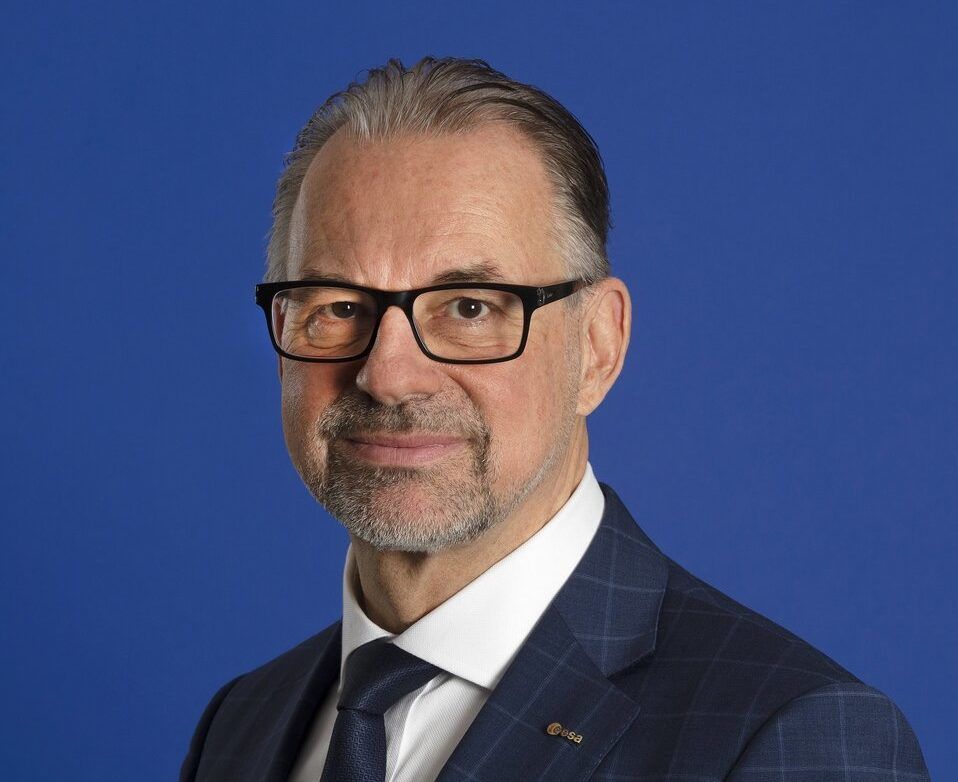
Past event In person

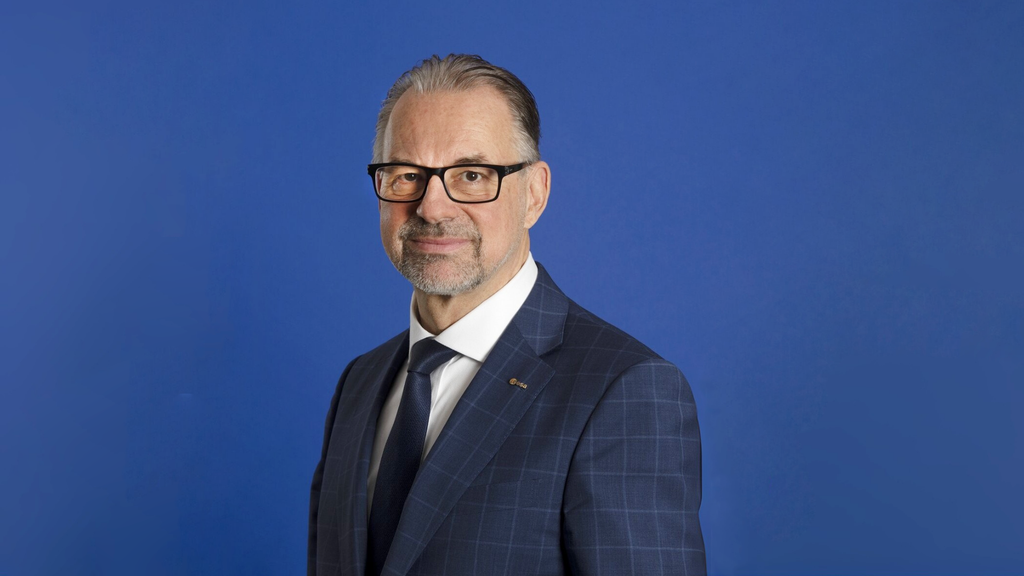
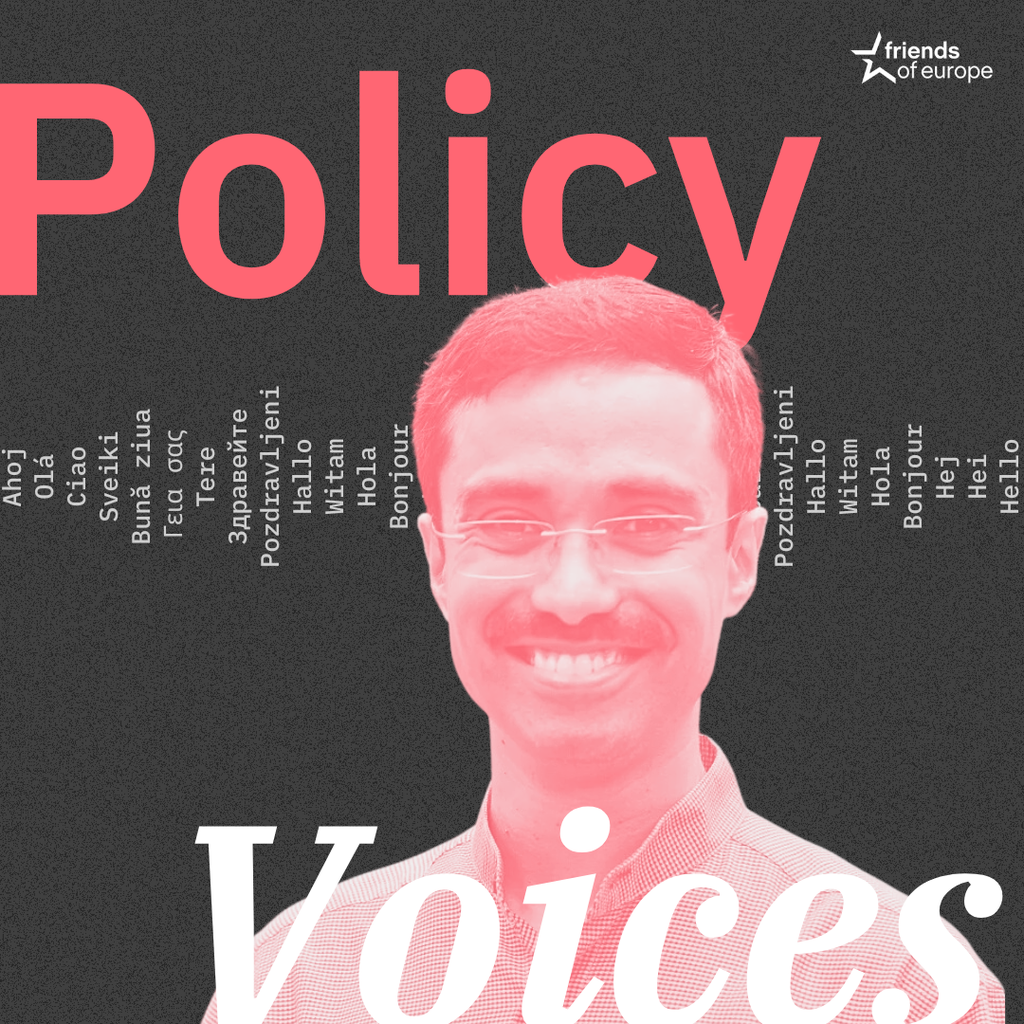
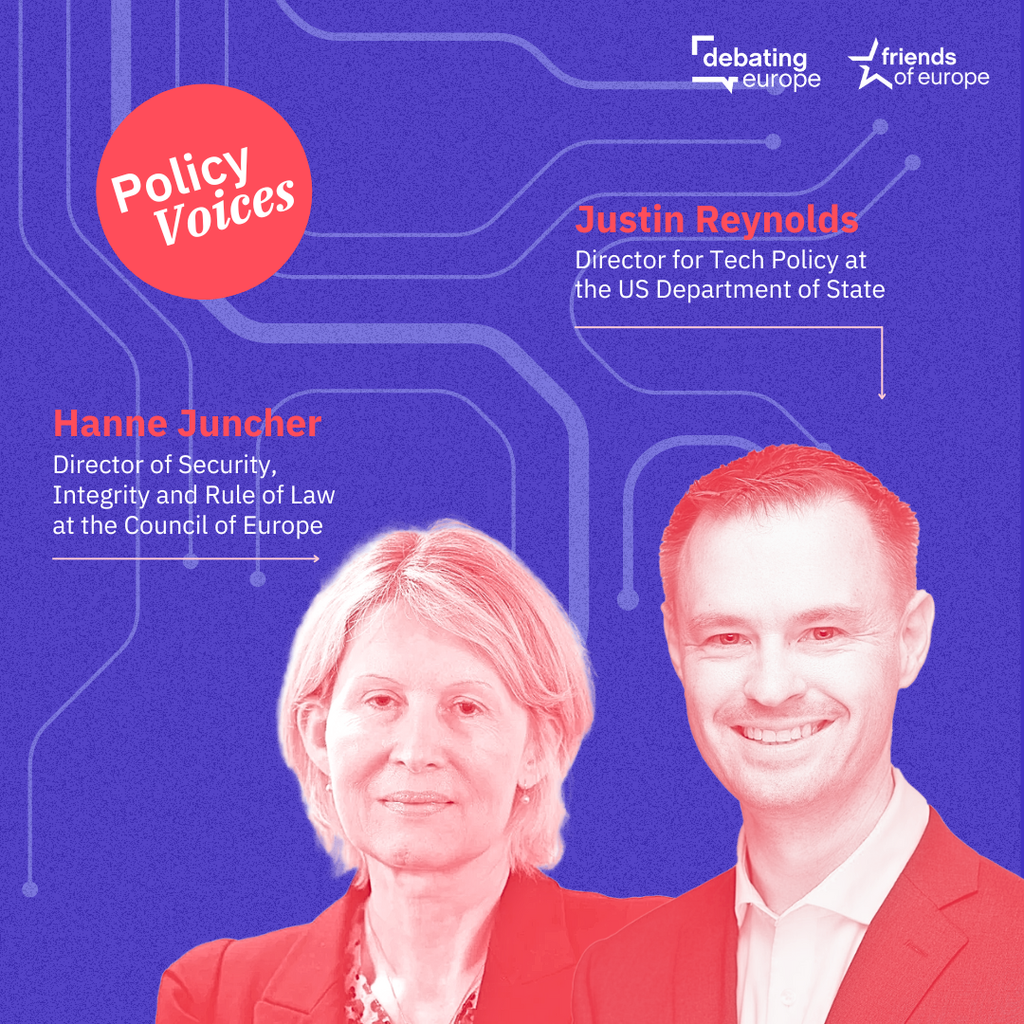

Stay informed
We use cookies and similar technologies to adjust your preferences, analyze traffic and measure the effectiveness of our campaigns. Learn more about our privacy policy.